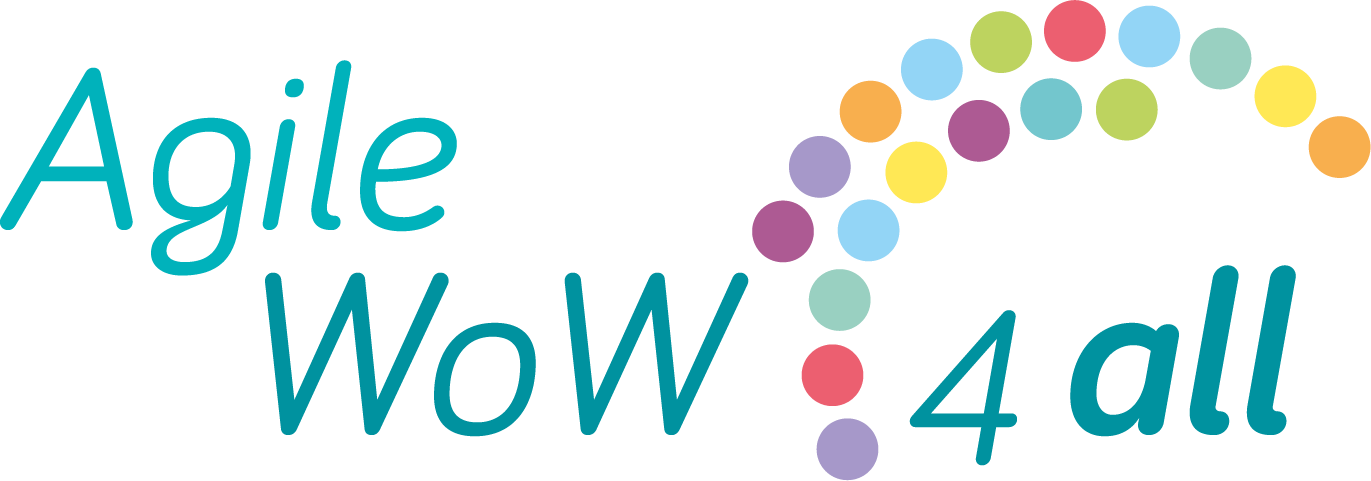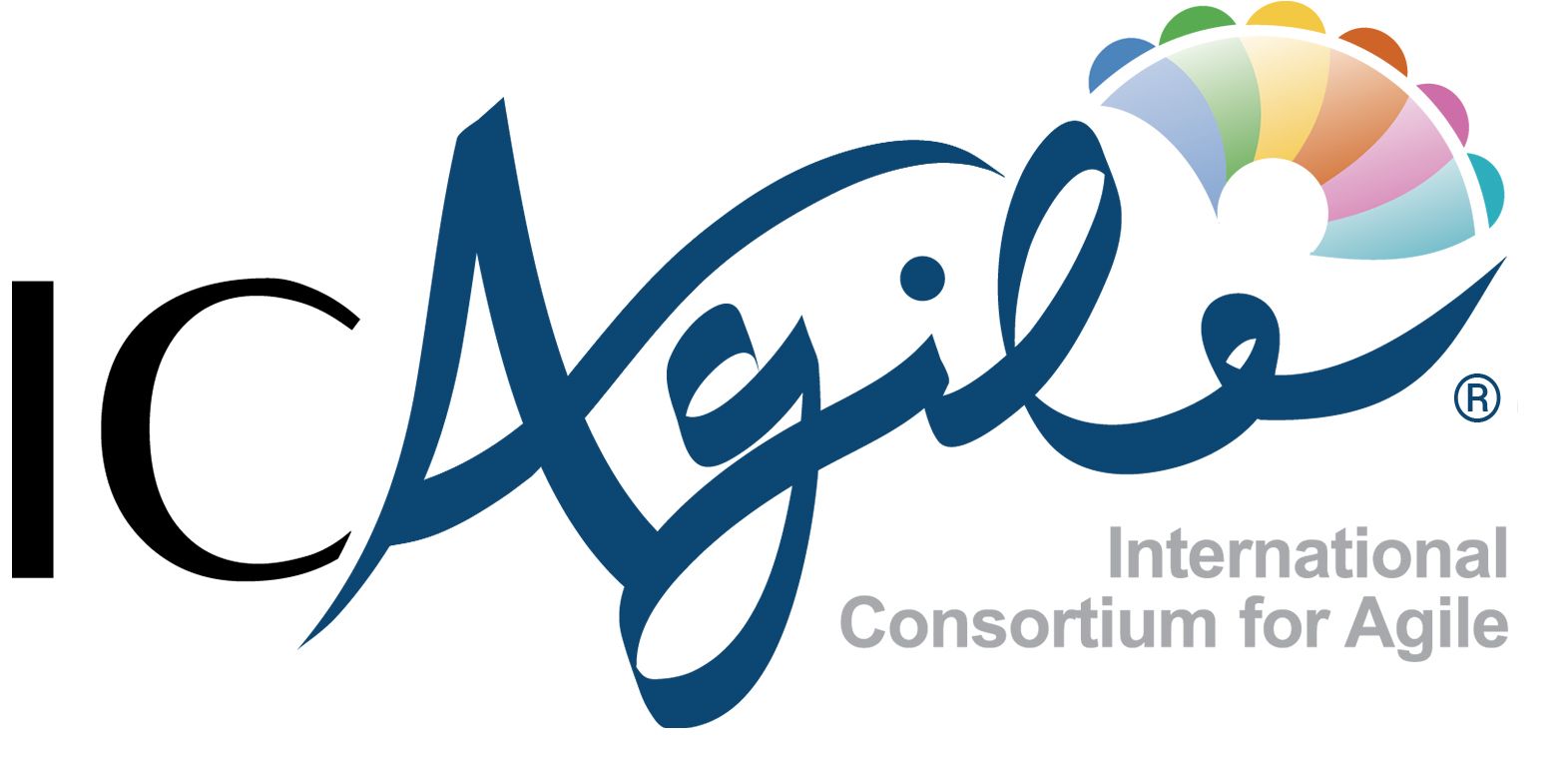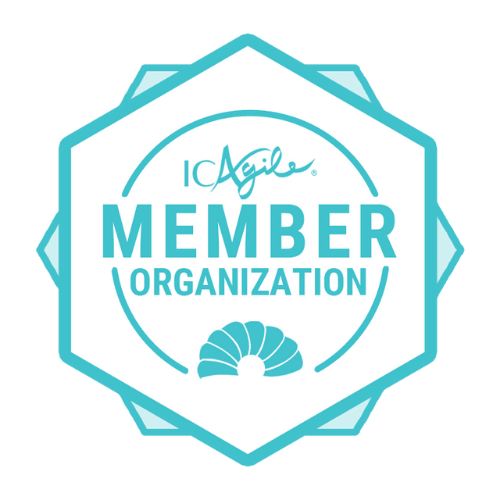Christophe Martinot
Unlocking the Potential of Your Organization with Management 3.0: An Innovative Approach to Managing and Leading
Are you struggling to find an effective and innovative approach to managing and leading your team/organization? Do you want to create a work environment that supports personal growth and development, drives business success, and fosters collaboration and innovation?
Management 3.0 is a modern approach to managing and leading organizations that goes beyond traditional management methods. This innovative method combines the best practices of agile management with a focus on people and an emphasis on creating a healthy and productive work environment.
Management 3.0 is a modern approach to managing and leading organizations that goes beyond traditional management methods. This innovative method combines the best practices of agile management with a focus on people and an emphasis on creating a healthy and productive work environment.
The traditional view of management is often focused on control, hierarchy, and efficiency. Management 3.0 takes a different approach, recognizing that people are the most valuable asset of an organization and that their motivation and engagement are key to success. This approach emphasizes the importance of creating a work environment that supports personal growth and development, fosters collaboration and innovation, and provides opportunities for meaningful work and contribution.
Management 3.0's main concept is the idea of "managing the system, not the people." This means that, rather than trying to control or micromanage individuals, managers focus on creating systems and processes that support their teams and enable them to be successful. This includes things like providing the right tools and resources, setting clear goals and expectations, and creating a supportive work environment that fosters collaboration and innovation. By managing the system, rather than the people, organizations can create a culture of trust and transparency, where everyone is working together towards a common goal.
Management 3.0's main concept is the idea of "managing the system, not the people." This means that, rather than trying to control or micromanage individuals, managers focus on creating systems and processes that support their teams and enable them to be successful. This includes things like providing the right tools and resources, setting clear goals and expectations, and creating a supportive work environment that fosters collaboration and innovation. By managing the system, rather than the people, organizations can create a culture of trust and transparency, where everyone is working together towards a common goal.
One of the key principles of Management 3.0 is the idea of "self-organization." This means that individuals within the organization are encouraged to take ownership of their work and are empowered to make decisions and solve problems. This not only leads to higher levels of engagement and motivation, but also allows for more creative and innovative solutions to arise.
Another important aspect of Management 3.0 is the focus on "servant leadership." This means that managers are there to serve their teams, rather than to control or micromanage them. Servant leaders act as coaches and facilitators, helping their teams to achieve their goals and grow as individuals. This approach creates a culture of trust, transparency, and collaboration, where everyone is working towards the same goal.
In order to be effective, Management 3.0 requires a shift in thinking from traditional management methods. Managers must be willing to give up control and embrace a more flexible, iterative approach to decision-making. They must also be willing to invest time and resources in developing their people, creating a culture of continuous improvement, and fostering collaboration and innovation.
One of the key tools of Management 3.0 is the use of "agile methodologies." Agile methodologies are a set of practices and principles for managing work that are based on the principles of flexibility, collaboration, and continuous improvement. These methodologies are particularly well-suited to Management 3.0, as they emphasize the importance of involving people in decision-making, creating a culture of transparency and trust, and providing opportunities for continuous improvement.
Another important tool of Management 3.0 is the use of "visual management." This involves using visual aids, such as charts, graphs, and diagrams, to help teams understand complex information and communicate effectively. Visual management provides a clear and concise way to communicate goals, progress, and problems, and helps to build trust and transparency within the team.
One of the biggest benefits of Management 3.0 is the improvement in employee engagement and motivation. When people are given ownership of their work and are empowered to make decisions and solve problems, they become more invested in their work and are more motivated to do their best. This leads to higher levels of productivity, creativity, and innovation, which in turn drives business success.
In conclusion, Management 3.0 is a modern and innovative approach to managing and leading organizations that recognizes the importance of people and creates a work environment that supports personal growth and development.
This approach combines the best practices of agile management with a focus on servant leadership, self-organization, and visual management.
By embracing the principles and tools of Management 3.0, organizations can create a culture of trust, transparency, and collaboration, where everyone is working towards the same goal. This leads to higher levels of employee engagement and motivation, and drives business success through increased productivity, creativity, and innovation.
In order to implement Management 3.0, organizations must be willing to make a shift in thinking from traditional management methods and invest time and resources in developing their people, creating a culture of continuous improvement, and fostering collaboration and innovation.
So, if you're looking for a more effective and innovative approach to managing and leading your organization, consider adopting the principles and tools of Management 3.0. By doing so, you'll create a work environment that supports personal growth and development, drives business success, and creates a culture of trust, transparency, and collaboration.
Learn more about our Management 3.0 workshops
This approach combines the best practices of agile management with a focus on servant leadership, self-organization, and visual management.
By embracing the principles and tools of Management 3.0, organizations can create a culture of trust, transparency, and collaboration, where everyone is working towards the same goal. This leads to higher levels of employee engagement and motivation, and drives business success through increased productivity, creativity, and innovation.
In order to implement Management 3.0, organizations must be willing to make a shift in thinking from traditional management methods and invest time and resources in developing their people, creating a culture of continuous improvement, and fostering collaboration and innovation.
So, if you're looking for a more effective and innovative approach to managing and leading your organization, consider adopting the principles and tools of Management 3.0. By doing so, you'll create a work environment that supports personal growth and development, drives business success, and creates a culture of trust, transparency, and collaboration.
Learn more about our Management 3.0 workshops
Thank you!
AgileWoW4all is a brand of SeedingEnregy S.L.
At SeedingEnergy we want to unleash the potential of your team and reach new goals through facilitation, customized trainings and coaching.
Copyright SeedingEnergy© 2021
Write your awesome label here.
¿Estás preparado?
Sé el primero en aportar innovación en tu departamento de Marketing
Thank you!




